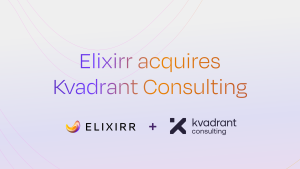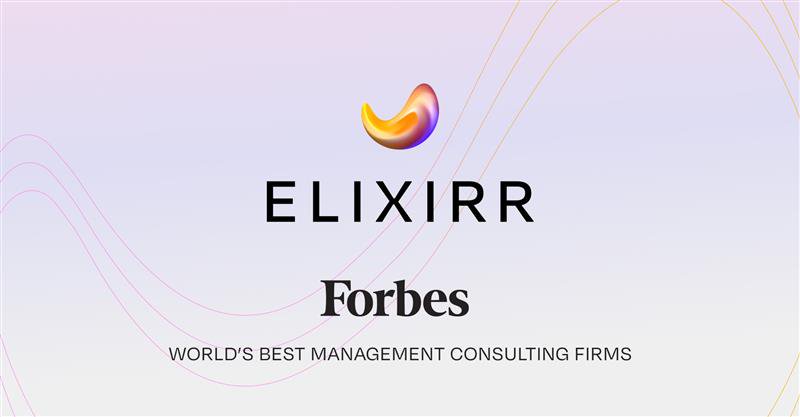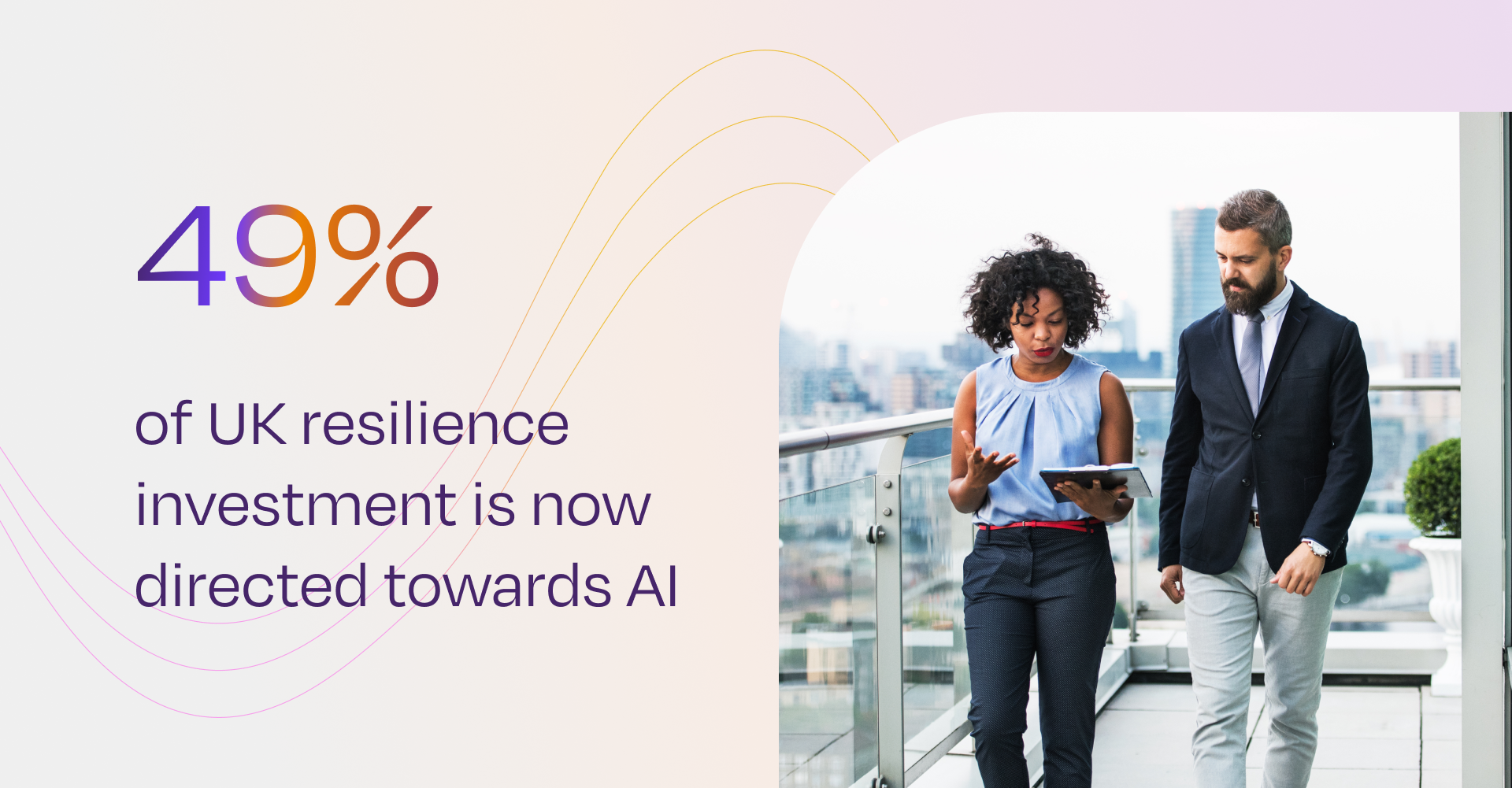Articles
The transformative potential of AI in healthcare
Recently, Elixirr, Anthemis and 100 Women in Finance hosted an event that explored the potential of AI in healthcare. Attendees, including numerous healthcare executives, discussed the ways AI can revolutionise…

Recently, Elixirr, Anthemis and 100 Women in Finance hosted an event that explored the potential of AI in healthcare. Attendees, including numerous healthcare executives, discussed the ways AI can revolutionise the industry.
While many powerful topics, ideas and thoughts were shared and discussed, we’ve identified two contrasting topics that present the highest value immediate opportunity with the areas that can truly disrupt healthcare. Firstly, the real near-term opportunity for AI is to transform back-office operations. Secondly, AI can support patients to take far greater control over their health, and in so doing demand better outcomes, as ‘empowered patients’
The biggest near-term opportunity is admin
While admin might not be the most interesting or innovative application of AI in healthcare, in the near term it’s the most likely to have wide transformative impact. In the US it is estimated that one quarter of all spending on healthcare is on administrative tasks, but automation could save 25-30% of this (Citigroup).
Doctors, surgeons and healthcare professionals are among the most educated and specialized individuals in our society. Despite this, they continue to spend a significant amount of time on administrative tasks, which limits the time they can spend with patients. Globally, burnout from excessive administration is a major problem, with 90% of clinicians reporting that administrative duties contribute to their burnout (Citigroup).
AI provides multiple opportunities to improve productivity in this space, including hospital flow, creation of discharge papers, community staffing scheduling and so much more. Reducing the administrative burden in the UK healthcare system improves the quality of care by enhancing efficiency, which leads to significant cost savings.
In the UK, two interesting companies in this space include the likes of Navenio and Huma. Navenio optimizes hospital workforce deployment using AI to automate task allocation based on real-time location data from smartphones, enhancing operational efficiency and reducing response times. Huma employs AI to manage healthcare data via a web-based portal that automates the collection, monitoring and analysis of patient health records. This platform reduces administrative tasks and improves patient management by providing predictive insights and helping healthcare providers make data-driven decisions about patient care.
Empowered Patient
The other key takeaway from the event was how AI offers a game-changing opportunity to revolutionise healthcare by shifting the control towards patients. In the UK, where the NHS holds most patient information, AI can break down barriers by providing personalized health insights, enabling smarter, proactive healthcare decisions. This ends the dependence on misleading internet searches for medical information, as AI would provide more accurate, tailored advice instantly. In a world of 8 minute GP appointments, imagine a world where the GP, and patient, turn up fully informed to a full medical history, likely conditions, and personalized treatments with the best outcomes.
Consider women’s health, an area historically under-researched and lacking accessible information on healthcare options. Platforms like The Lowdown are changing this by collecting and translating data on women’s healthcare experiences into actionable insights, empowering women to have more informed discussions with medical professionals rather than rely on historically under-invested research that generalizes female health conditions. These initiatives can revolutionise personalized healthcare, with AI then revolutionising access. Patients with both knowledge and access can then take real accountability for their own health with their choice of medical professionals, treatments, or medication as well as making more informed decisions to lead healthier lives.
The opportunity
The potential of AI spans the entire healthcare value chain and industry, however, these are two areas we believe, with the right investment and delivery, have a real possibility of improving patient outcomes and management.
Discover how our experts can leverage cutting-edge technology to position your healthcare organization at the forefront of the industry.

















